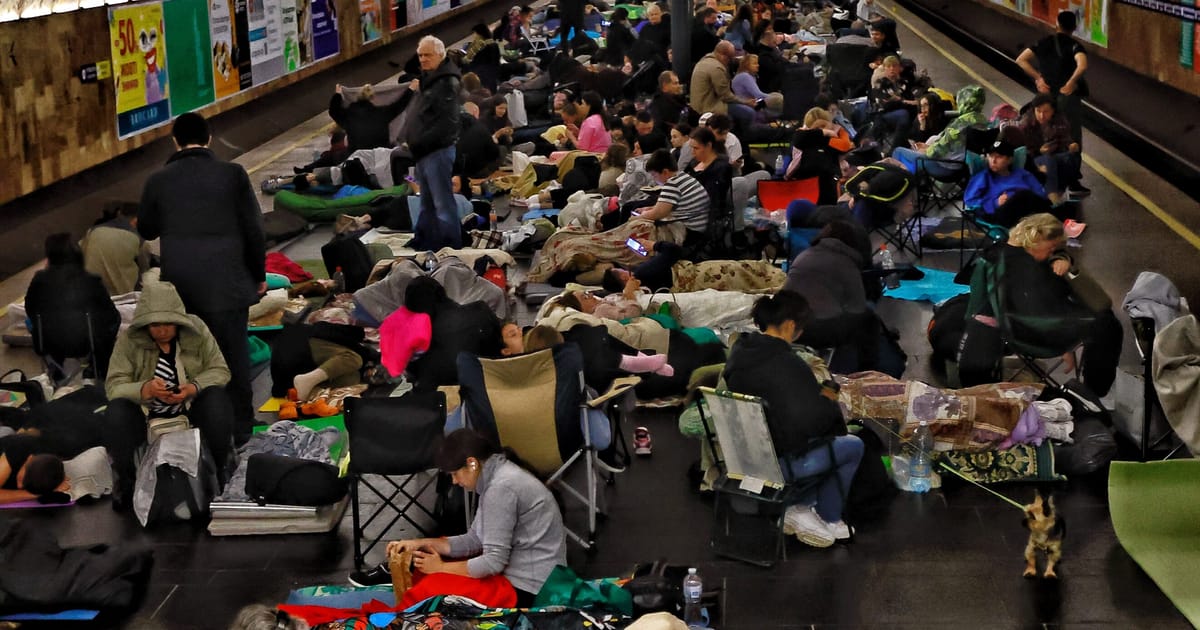

In recent developments from Ukraine, the capital city of Kyiv has experienced a substantial increase in aggression, marked by a significant assault involving a large number of drones and ballistic missiles. This attack, identified as one of the most severe since the conflict began, follows closely on the heels of a phone conversation between U.S. President Donald Trump and Russian President Vladimir Putin. Amid the unpredictability and turmoil of these times, Ukrainian President Volodymyr Zelenskyy has labeled this assault as a “deliberate act of terror” and a vivid reflection of Moscow’s current diplomatic stance.
To address, and hopefully alleviate the intensity of these ongoing challenges, President Zelenskyy has confirmed efforts to bolster Ukraine’s air defense capabilities through collaborative initiatives with the United States. According to statements released following discussions with the U.S. President, these efforts are both timely and vital, underscoring the nuanced dynamics of international support and cooperation that are currently unfolding.
In parallel, European intelligence agencies have issued warnings regarding Russia’s increasing use of chemical weapons in Ukraine. These actions, described as both normalized and widespread, have escalated concerns over compliances with international laws and treaties related to warfare conduct. Dutch defense authorities have been at the forefront, vocalizing their observations and urging prompt diplomatic and strategic responses from the global community.
Against this backdrop, the experiences of those living in Kyiv bring a personal human dimension to the conflict. For many, daily life has become a testament to resilience and adaptation in the face of adversity. Morning routines often commence with the sobering reality of assessing overnight air-raid impacts and getting updates on potential threats. Despite the reverberations of conflict that course through the heart of the city, local communities strive to preserve a semblance of normalcy, drawing strength from each other and the shared hope for peace.
In a broader strategic context, Kremlin Spokesperson Dmitry Peskov has outlined Russia’s position, reaffirming the nation’s commitment to its campaign objectives in Ukraine. Notably, Peskov emphasized the preference for achieving these goals through political and diplomatic avenues, although he acknowledged that ongoing operations would persist until such resolutions are feasible. This highlights the complex intersection of military strategy and diplomatic negotiation that continues to define the progression of this conflict.
As we look ahead, the international community remains vigilant, carefully navigating the multifaceted challenges posed by the evolving situation in Ukraine. The global discourse on how best to support Ukraine while striving toward peaceful resolution continues to shape foreign policy measures and humanitarian responses worldwide. Moreover, the steadfastness of the Ukrainian populace during these tumultuous times serves as a potent reminder of the enduring human spirit, capable of seeking light even in the darkest hours of conflict.
Source: {link}
